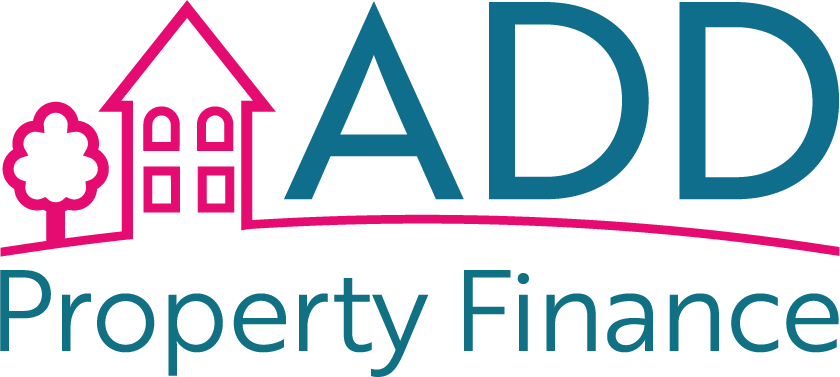Securing a mortgage as a self-employed individual in the UK comes with its own set of challenges. One of the key hurdles is proving your income to lenders. Unlike salaried employees, self-employed applicants must provide detailed documentation to verify their earnings. In this article, we’ll dive deep into the documentation essentials that self-employed mortgage applicants need to provide to demonstrate their income and increase their chances of mortgage approval.
1. SA302 Tax Calculation Forms
SA302 forms are crucial for self-employed mortgage applicants. These forms are provided by HM Revenue and Customs (HMRC) and summarize your income and tax calculations for each tax year. Lenders rely on these documents to verify your income. You can obtain SA302 forms by:
- Requesting them from HMRC: You can request copies of your SA302 forms by calling HMRC or using their online services.
- Using an Accountant: Many self-employed individuals hire accountants who can provide these forms as part of their services.
2. Tax Returns
Lenders often require copies of your tax returns for the past two to three years. Tax returns provide a comprehensive overview of your financial situation, including income, expenses, and deductions. Keep these documents well-organized, as they play a pivotal role in demonstrating your income stability.
3. Business Accounts
If you operate as a limited company, lenders may request your business accounts. These should be prepared by a certified or chartered accountant and provide insight into your company’s financial health, including profit and loss statements, balance sheets, and cash flow statements.
4. Bank Statements
Bank statements are valuable in showcasing your financial transactions, including income deposits, expenses, and any regular payments or outgoings. Lenders may ask for several months’ worth of statements to assess your financial habits and the stability of your income.
5. Evidence of Contracts or Invoices
Providing copies of contracts or invoices from clients can help demonstrate a consistent income stream. Contracts should outline the terms of your work, payment schedules, and the duration of the engagement. Invoices should clearly indicate the amounts paid and owed.
6. Proof of Dividends
If you’re a company director and receive income in the form of dividends, ensure you have documentation, such as dividend vouchers and bank statements, to verify these earnings.
7. SA100 Tax Calculation Summary
In addition to SA302 forms, lenders may request the SA100 tax calculation summary. This document provides a concise overview of your tax calculations and income details.
8. Personal Tax Account Statements
Your personal tax account statements, accessible through the HMRC website, can provide a real-time view of your tax affairs, including income, tax paid, and allowances claimed.
9. Explanation of Irregular Income
If your income fluctuates significantly from year to year, be prepared to explain these variations to lenders. Providing context and evidence of the reasons behind income fluctuations can strengthen your application.
10. Cover Letters
Consider including a cover letter with your mortgage application. This letter can explain any unique aspects of your income or provide context for irregularities, helping lenders better understand your financial situation.
Conclusion
When applying for a mortgage as a self-employed individual, thorough documentation is your ally. By providing clear and comprehensive records of your income, you can demonstrate your financial stability and increase your chances of mortgage approval. Start gathering these documents well in advance of your application, and if in doubt, seek advice from a mortgage adviser experienced in self-employed applications. With the right documentation and guidance, homeownership as a self-employed individual in the UK can be well within reach.







